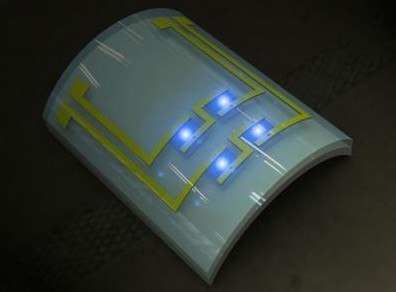- 1 Where the Future Begins: Samsung Showcases Pioneering Innovations for AI and Automotive Technologies at electronica 2024 in Munich
- 2 Brightek Unveils RGB ICLED Hardware and Software Integration Solution with Global Debut at electronica 2024 in Munich
- 3 The CES 2025 keynote speech will take place at Sphere with Delta CEO Ed Bastian
- 4 ams OSRAM delivers solid EUR 881m Q3 revenues, 19% adj. EBITDA and upsizes strategic savings program by another EUR 75m run-rate savings
- 5 LG unveils world’s first truly stretchable display, can expand from 12 to 18 inches with full RGB color
- 6 TCL Unveils New QD-Mini LED TV Series
- 7 Lightpanel Launches High-Performance LED Strip, Reaching 215 Lumens per Watt Efficiency
Login |
Register |
Management | Member Center | Contact Us





 CN
TW
EN
CN
TW
EN






